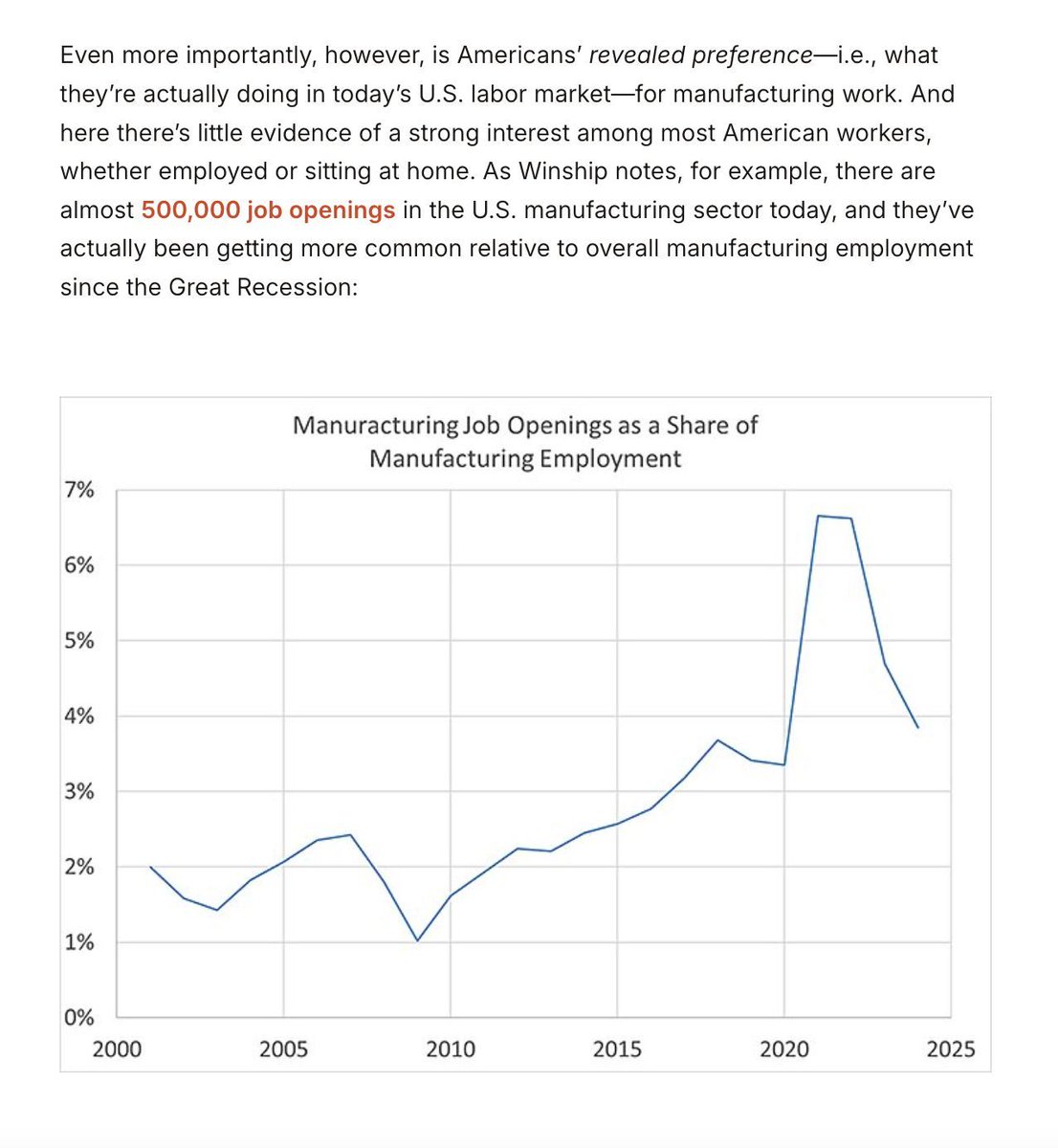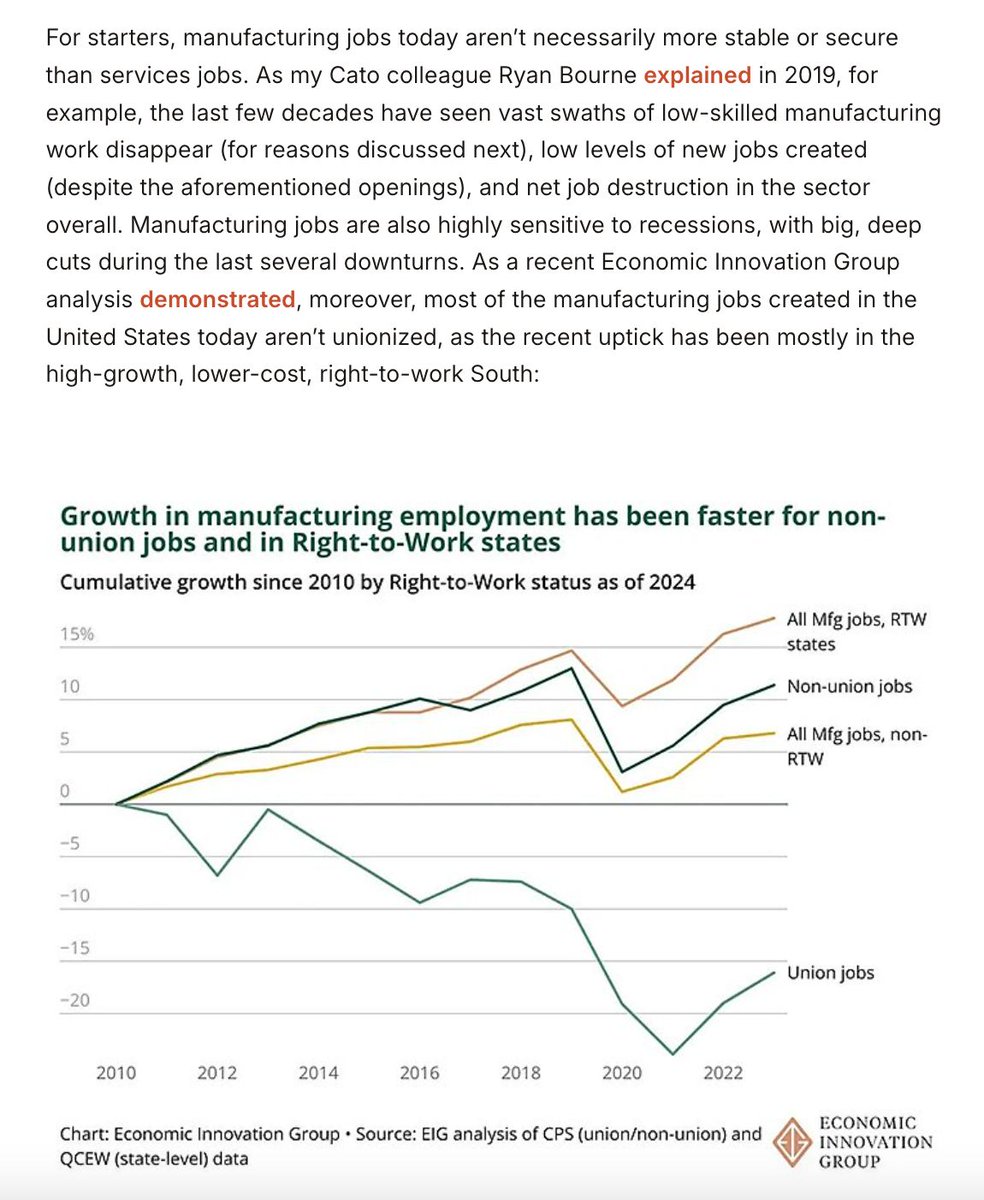
Cato Trade
@CatoTrade
The Herbert A. Stiefel Center for Trade Policy Studies at the @CatoInstitute | #CatoTrade, #EndTheJonesAct, and #CatoGlobalization
🗓️ July 23rd, 3–4 PM EDT at the @CatoInstitute: Join @scottlincicome and @RepDelBene for a discussion on the implications of unchecked executive tariff powers & how Congress can reclaim its constitutionally mandated authority to regulate foreign commerce. cato.org/events/preside…
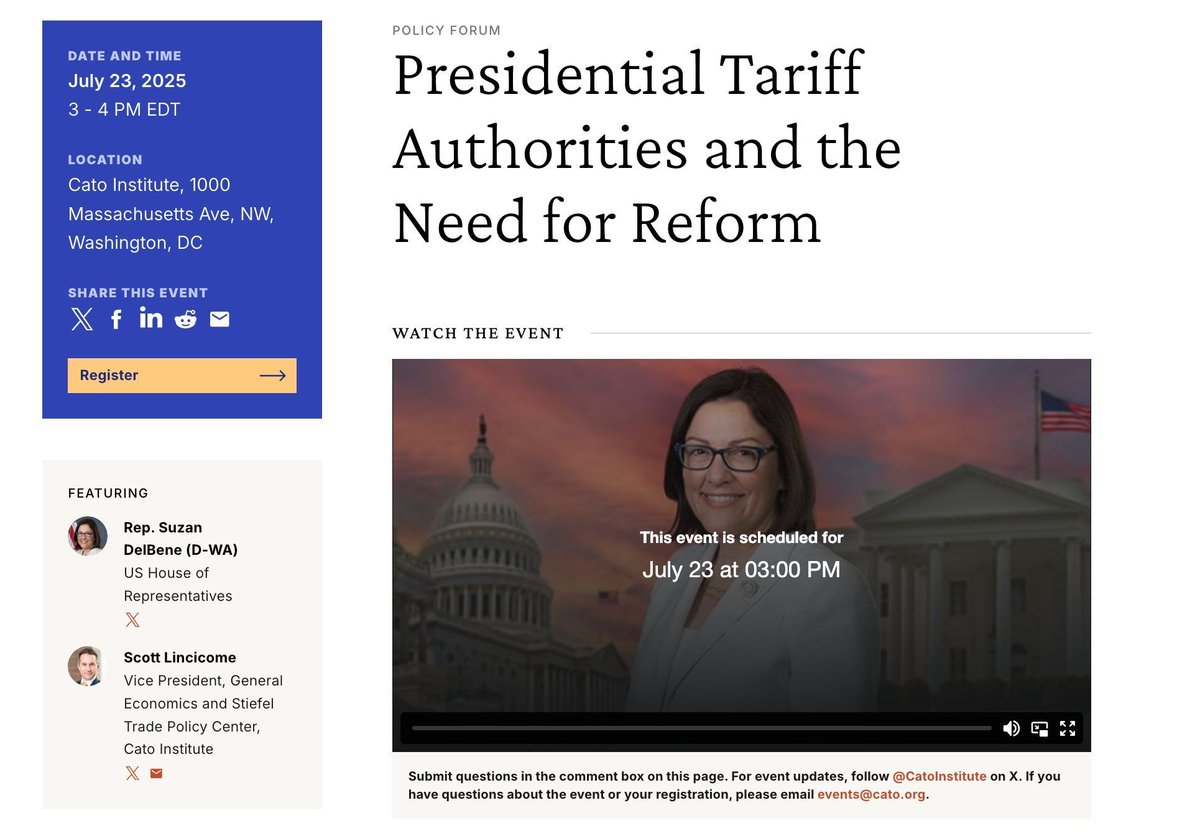
Congress handed its tariff powers to the executive branch. Now, one person can impose sweeping trade restrictions without oversight. Join @RepDelBene and @scottlincicome for a fireside chat on unchecked executive tariff powers and how Congress can reclaim its constitutional…
US consumers have benefited from lower food prices, increased access to out-of-season produce, additional varieties only available through imports, and milder supply disruptions due to trade. cato.org/publications/a… ✍️ @PHoxie58
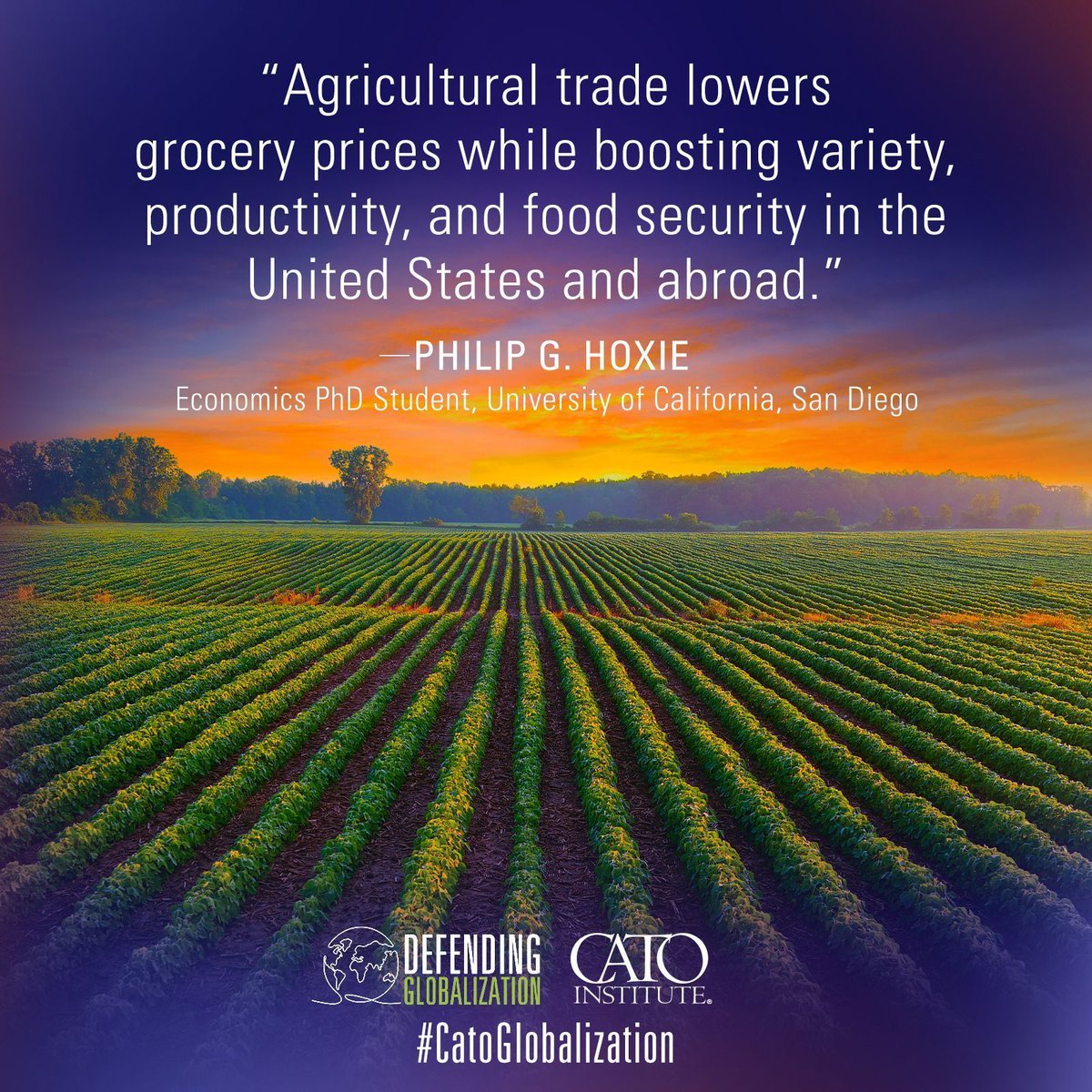
🚨 HAPPENING TOMORROW: @scottlincicome and @RepDelBene will discuss how Congress can reclaim its constitutionally mandated authority to regulate foreign commerce at the @CatoInstitute. Save your seat 👉 cato.org/events/preside…
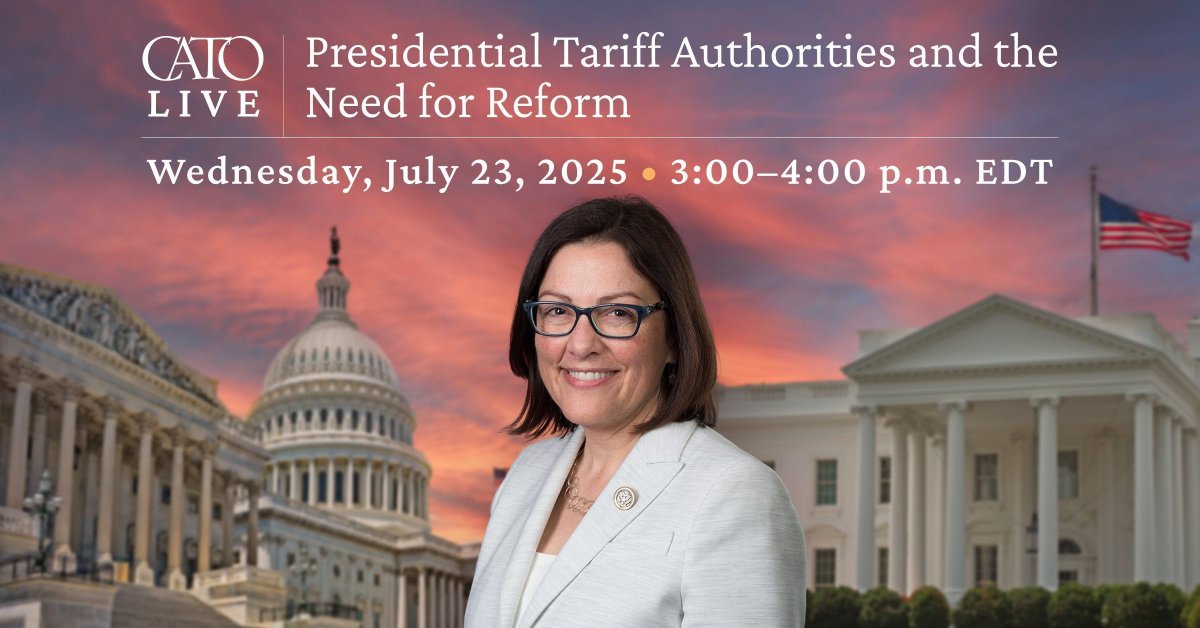
The lesson of the China Shock is that the way to help Americans and US regions that are hurt by foreign trade is to allow them to transition to a different, more modern industrial structure and allow their service sectors to flourish. cato.org/blog/china-sho… ✍️ @jmhorp
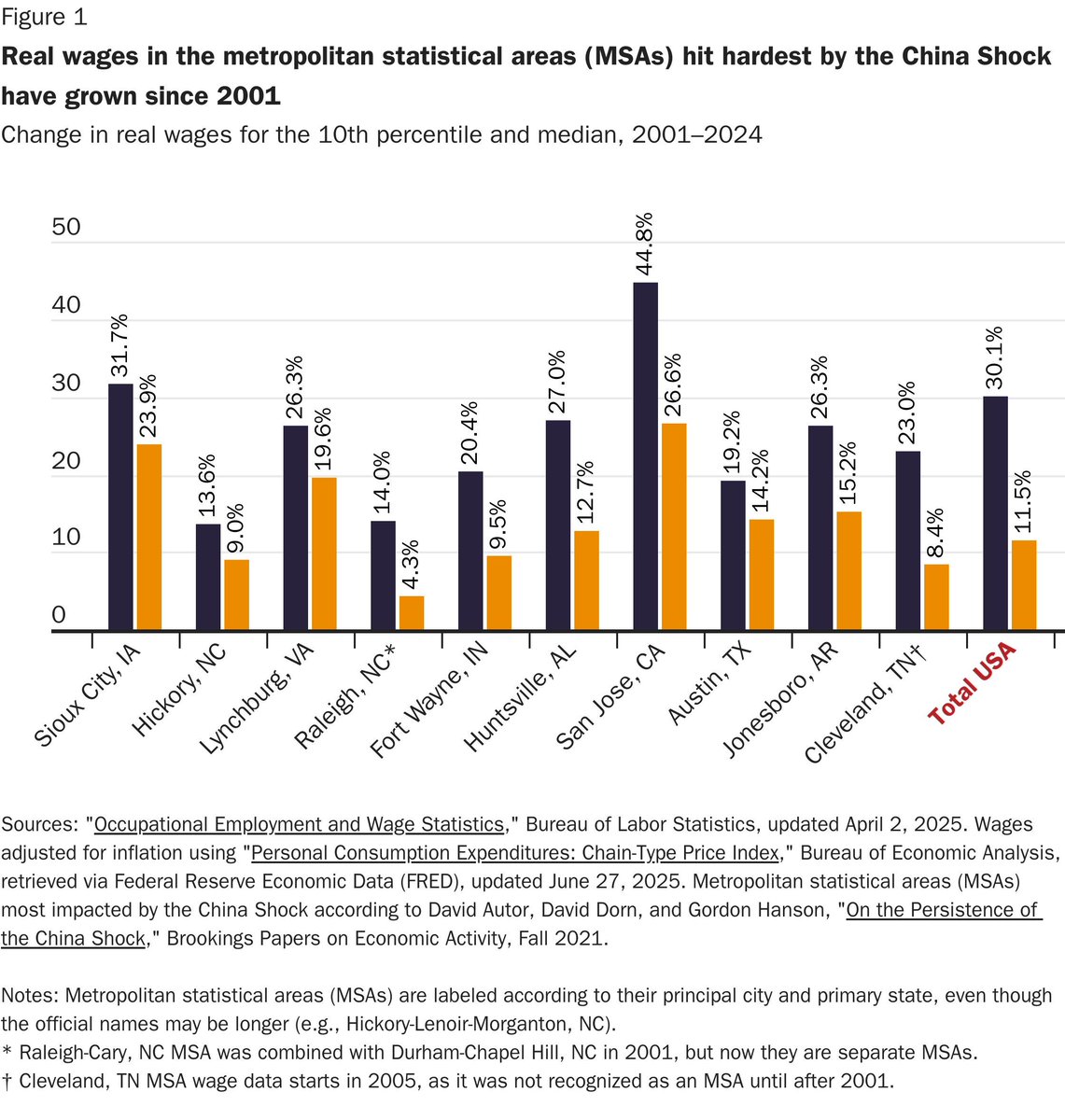

The primary problem with tariffs isn’t that they’re “inflationary”; it’s that they reduce the efficiency of our economy by distorting prices and undermining our capacity to produce real income. cato.org/commentary/gre… ✍️ @scottlincicome
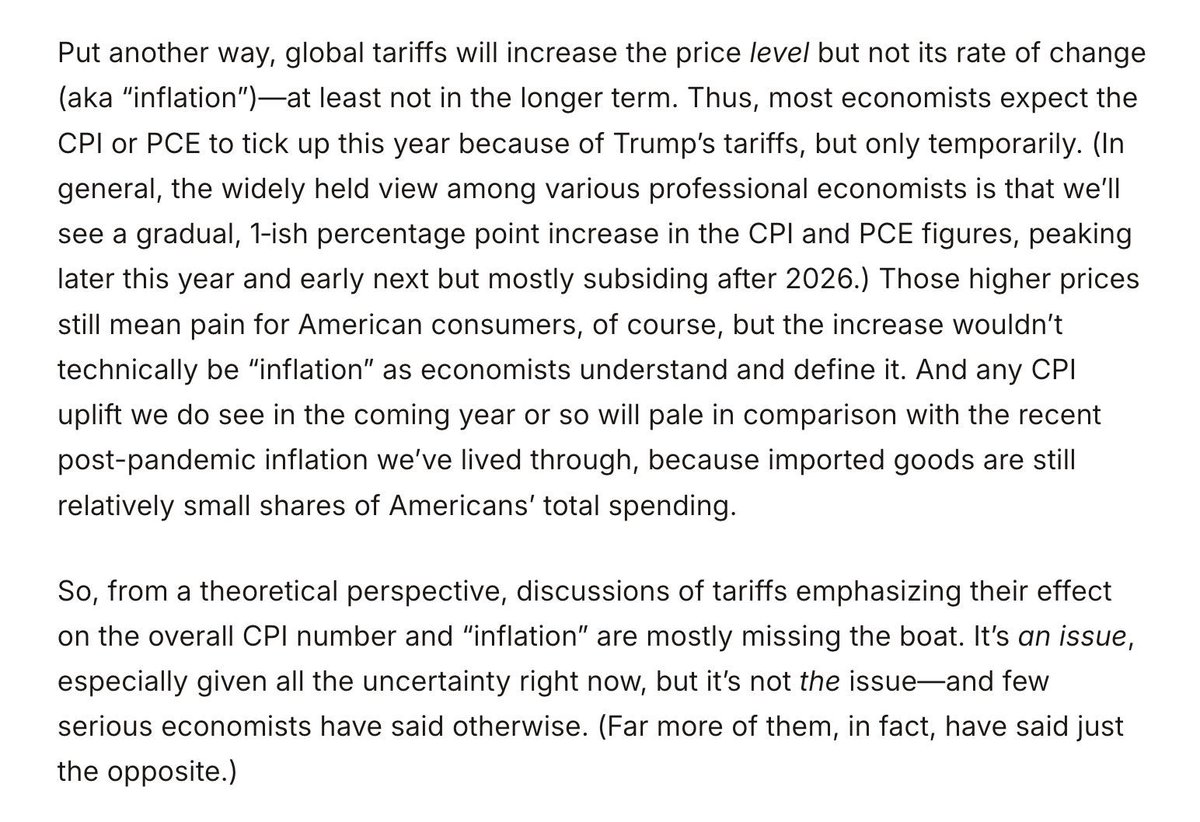
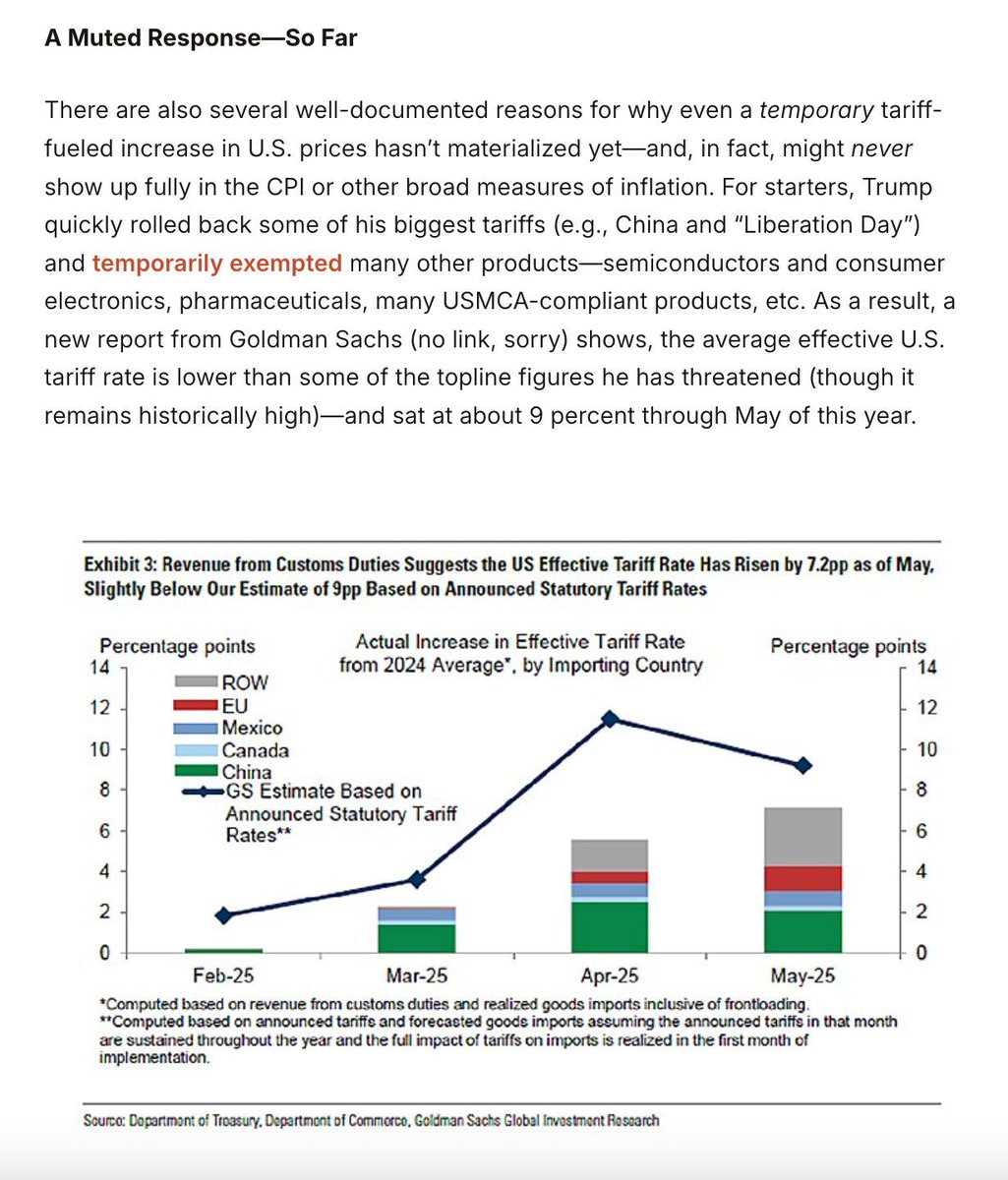
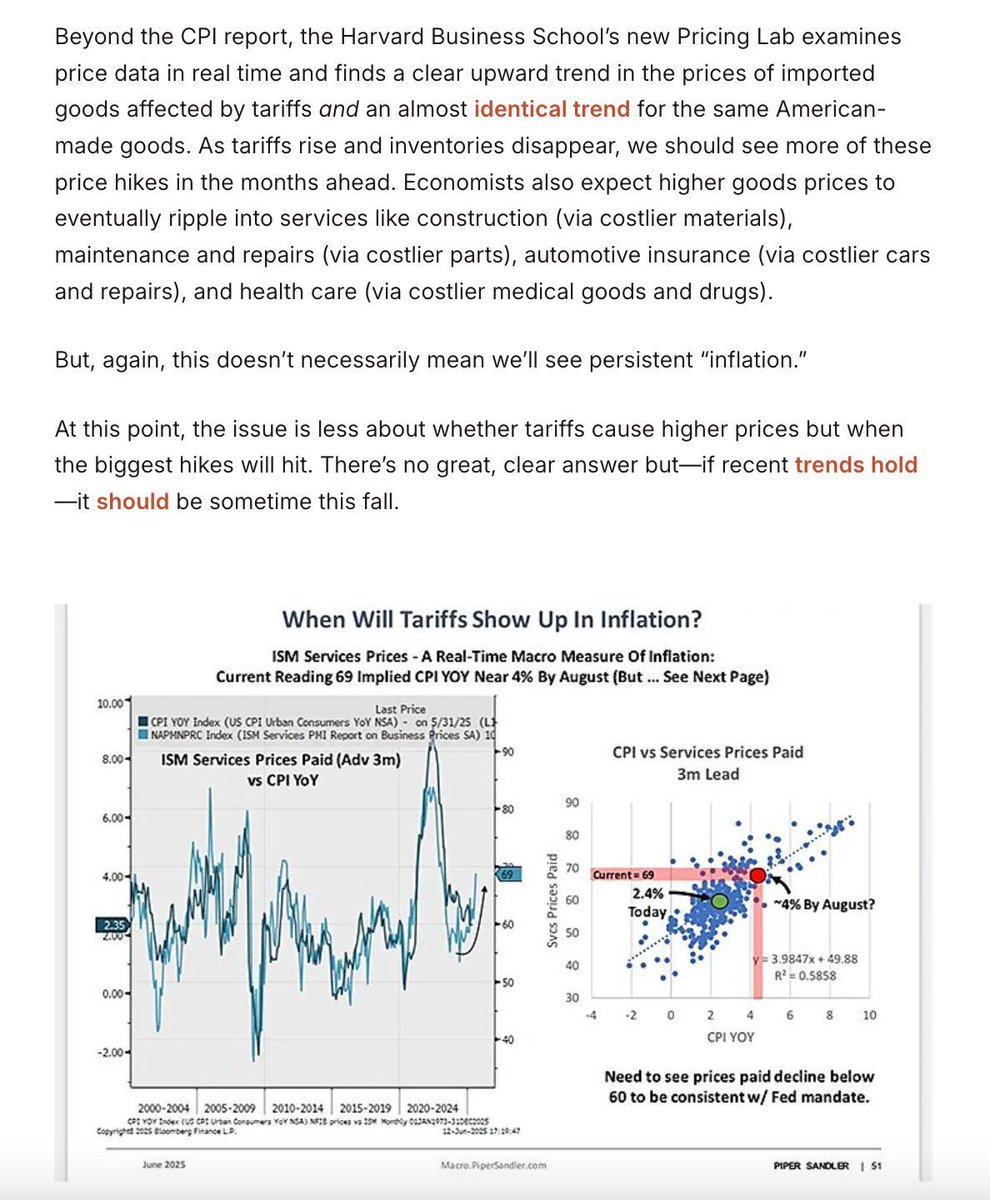
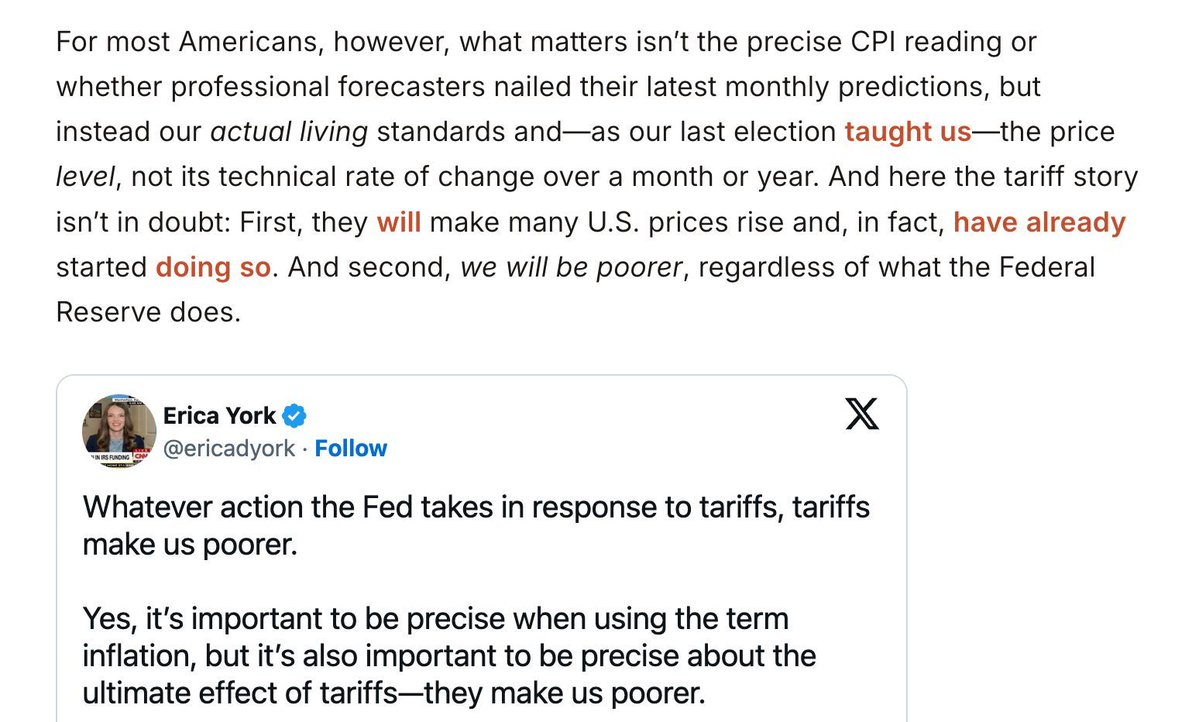
The Jones Act stifles the country’s prosperity and fails to meet its defense requirements. It’s long past time to scrap this rusted-out hulk of a law and develop a maritime policy rooted in 21st-century realities. cato.org/commentary/sho… ✍️ @cpgrabow
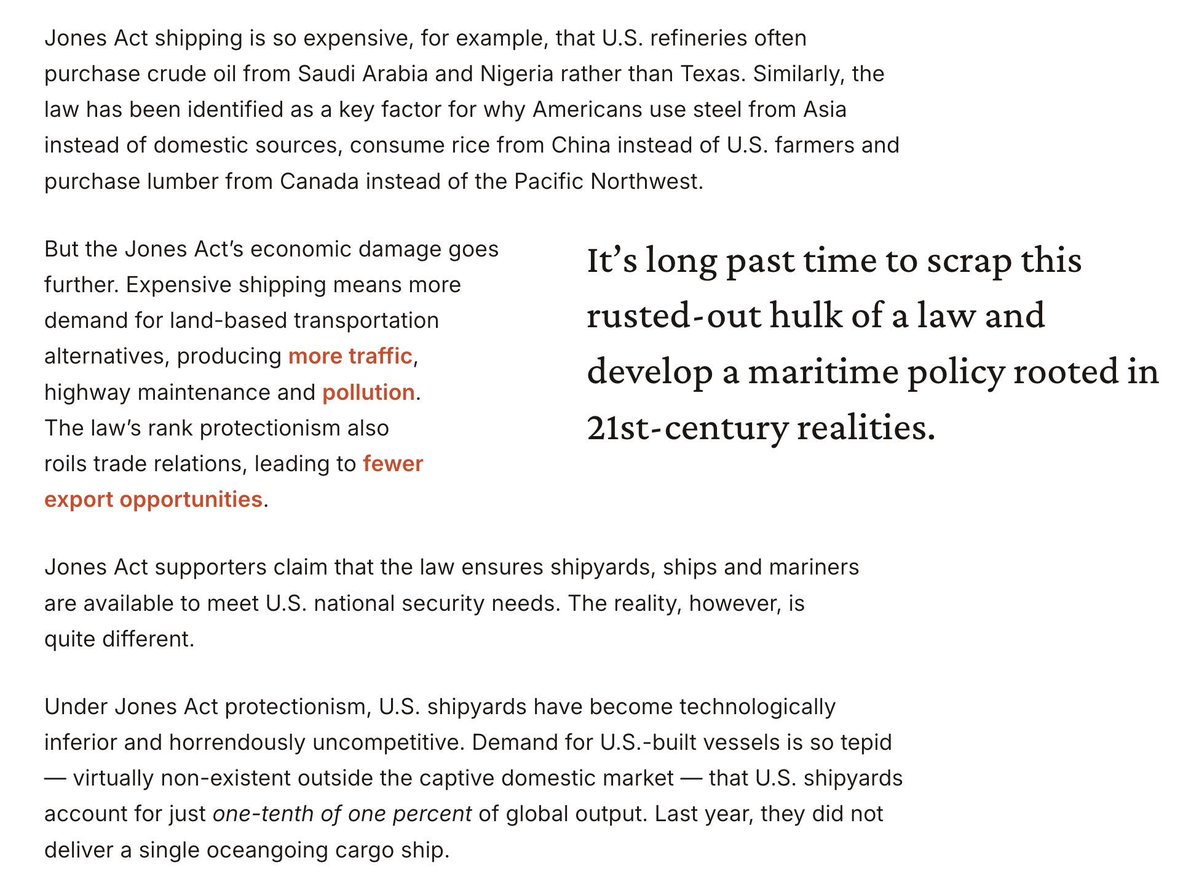
The reality of the US copper industry and our fraught experience with other Sec. 232 duties should caution that a 50% tariff on copper is unlikely to produce much reshoring of lost refining capacity or ramped-up mining. cato.org/blog/copper-ta… ✍️ @AlfredCObregon & @clark_packard
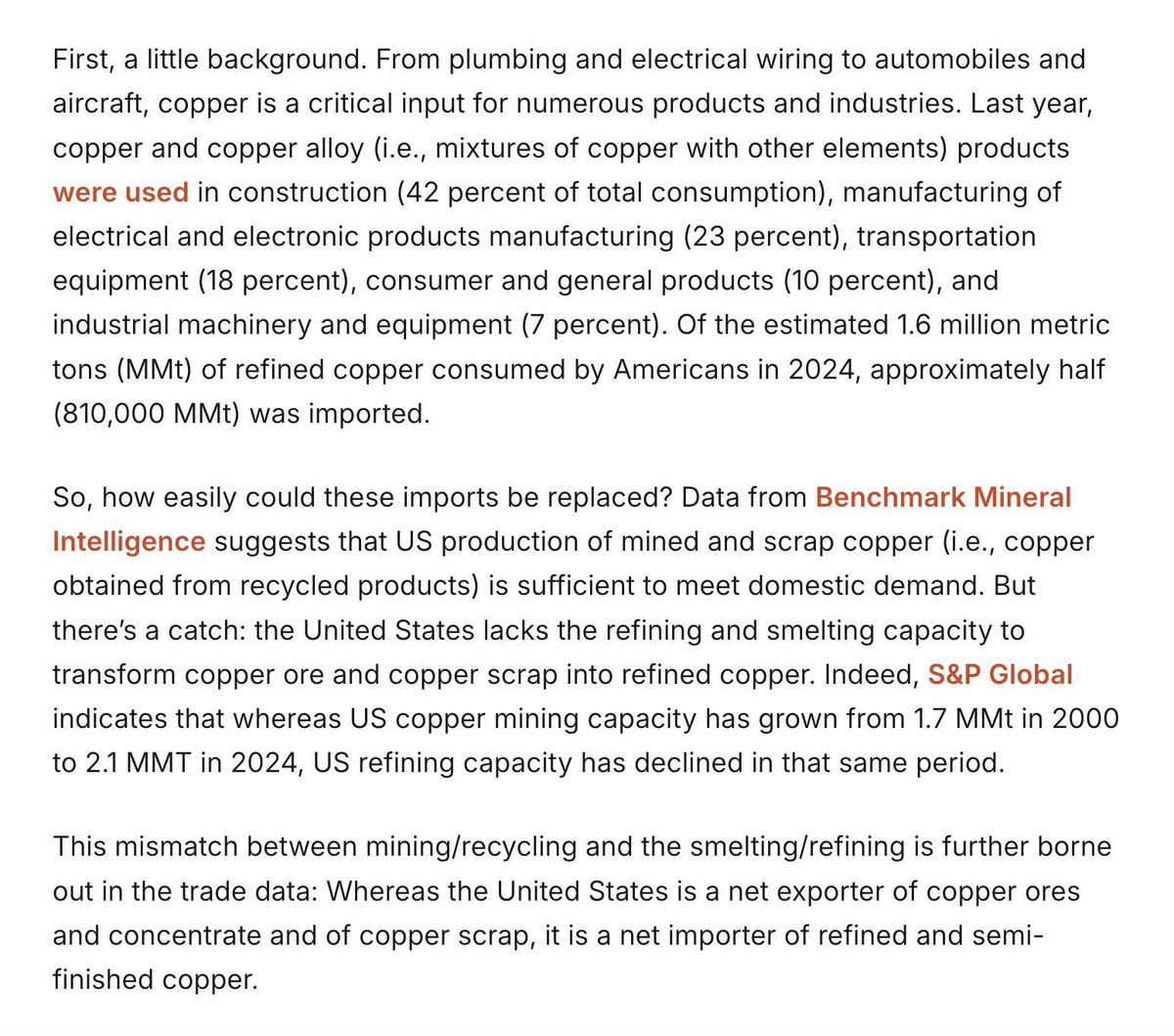
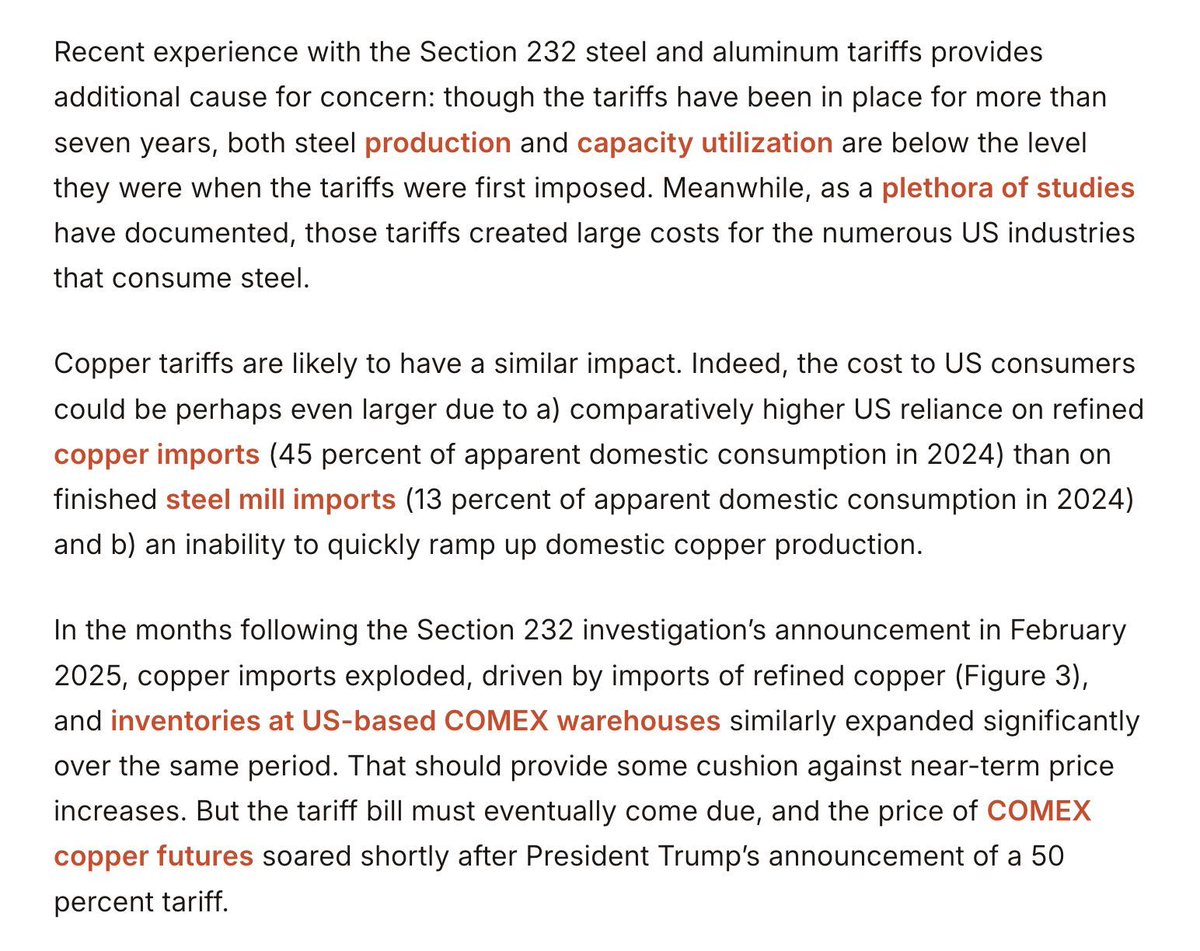
Instead of pursuing sound policy that reaffirms stable economic ties with allies, the Trump administration has opted for trade brinkmanship. America’s loss is likely to prove China’s gain. cato.org/blog/new-tarif… ✍️ @clark_packard
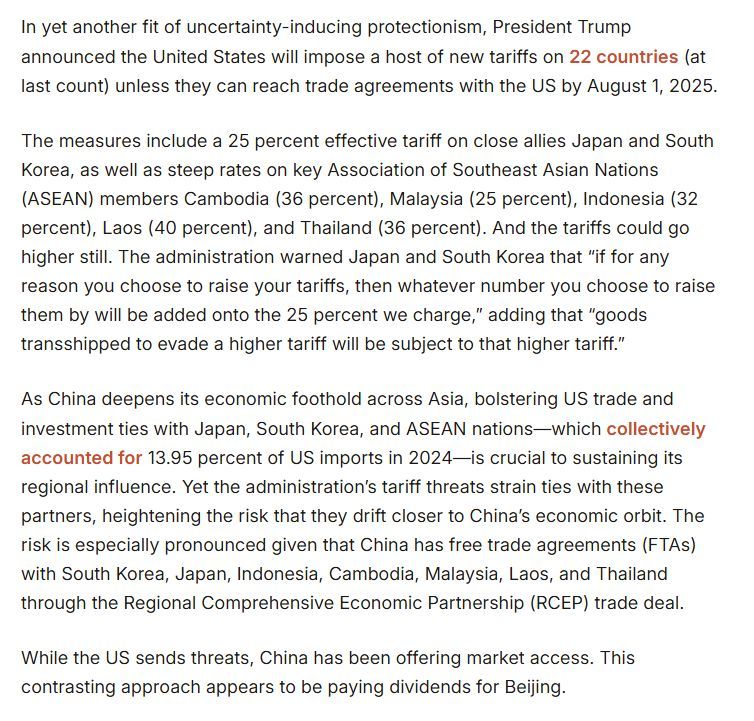
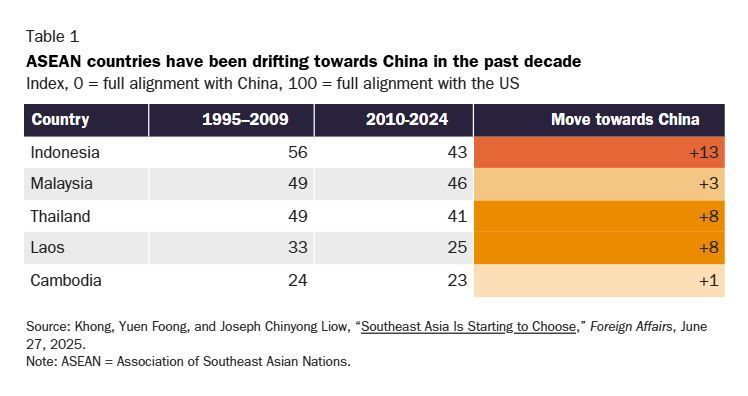
🎙️ LISTEN: @scottlincicome discusses the true price of “Made in the USA,” on @reason’s "Just Asking Questions" podcast, with @LizWolfeReason and @TheAbridgedZach. cato.org/multimedia/med…

The Jones Act is not only an economic burden but also a national security failure that has left a derelict and diminished maritime industry in its wake. cato.org/commentary/nat… ✍️ @cpgrabow
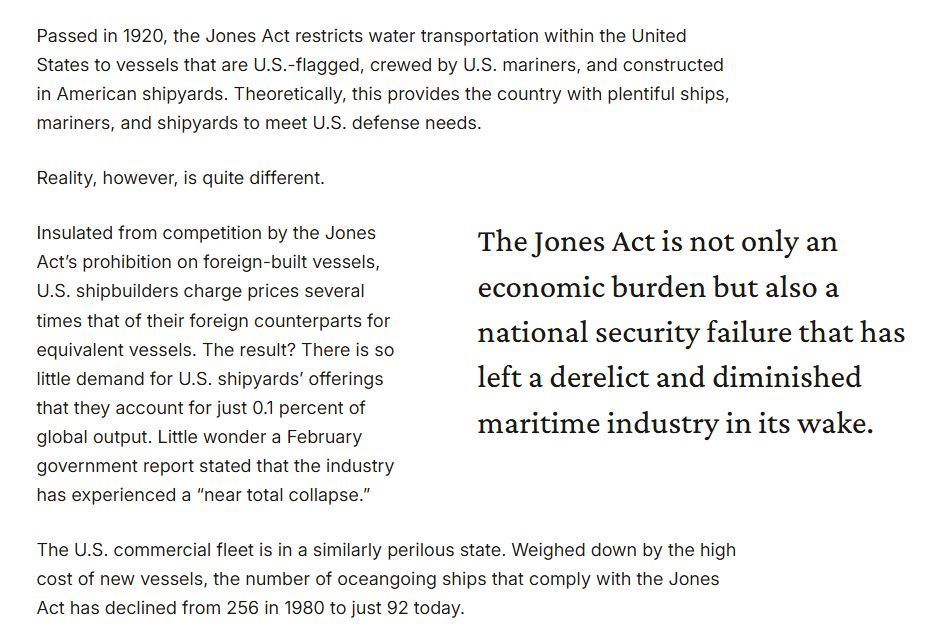
My new Capitolism @thedispatch examines all those victory laps - including from the White House - re: tariffs and "inflation." Spoiler: it's not just cherrypicked & shortsighted, but also misses the whole point: "The Great Tariff ‘Inflation’ Confusion" thedispatch.com/newsletter/cap…
Jones Act defenders often insist that the law’s prohibition on the use of foreign-built vessels ensures a robust domestic shipbuilding industrial base. But in 2024, the US accounted for a mere 0.04% of global commercial shipbuilding. cato.org/blog/protected… ✍️ @cpgrabow
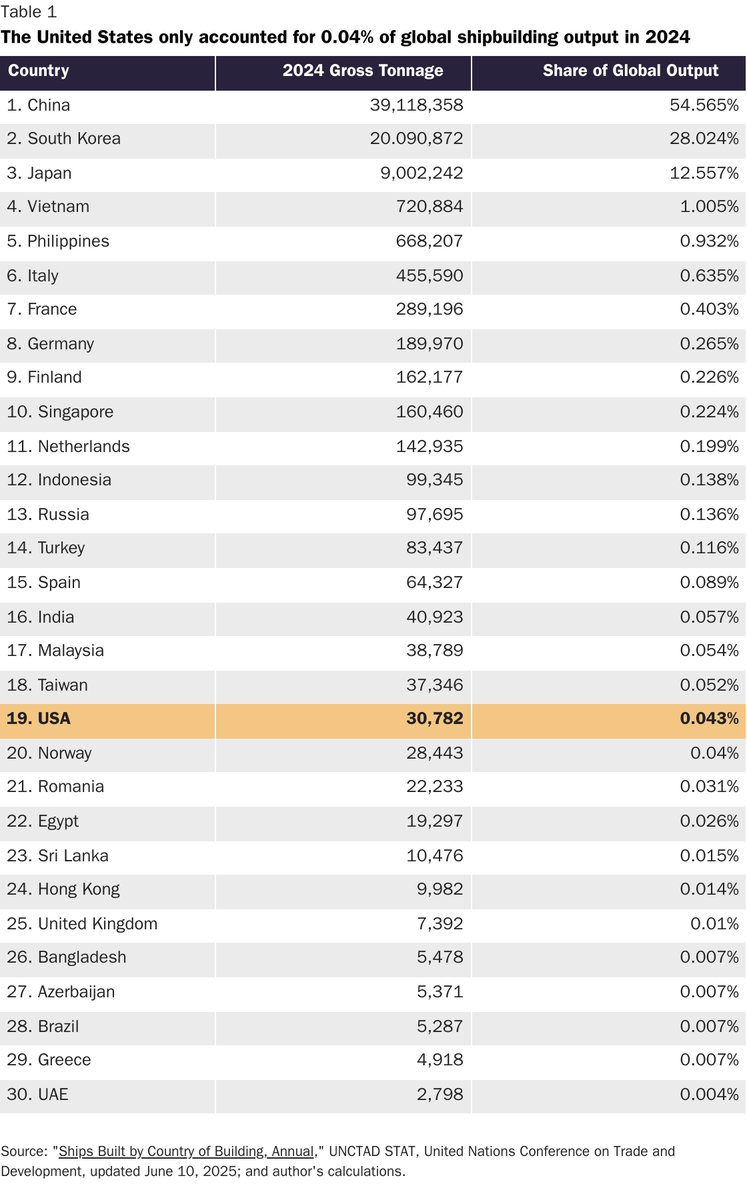
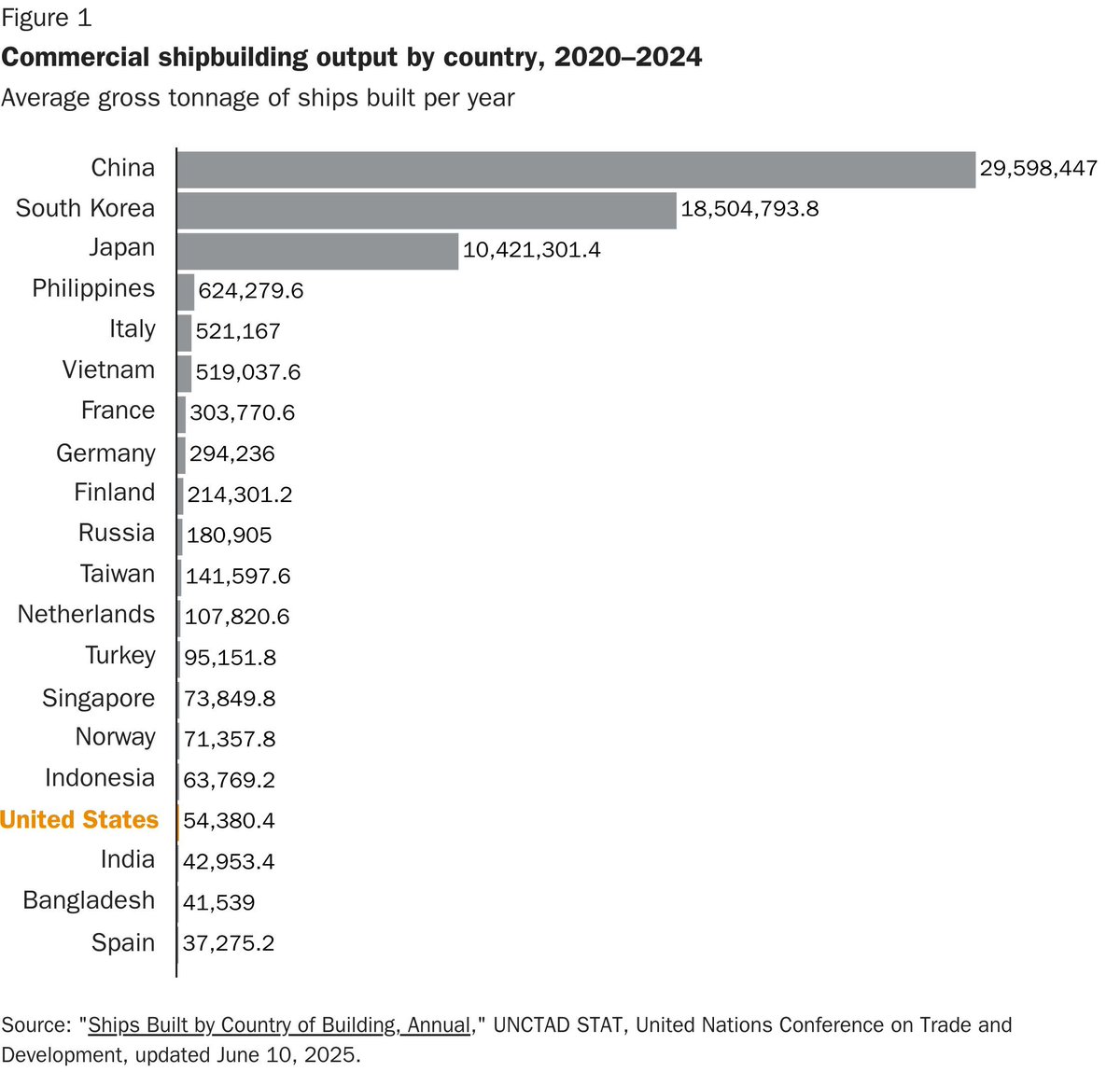
📰 It’s highly unlikely federal law “would permit the president to impose tariffs in response to a judicial ruling in Brazil,” @clark_packard told the @ocregister. ocregister.com/2025/07/15/tru…

A 50% tariff on copper imports will mean higher prices for American consumers, weaker US manufacturers and homebuilders, and fewer choices too. @scottlincicome breaks it down:
#ICYMI: "Copper Tariffs Are the New Steel Tariffs," by @AlfredCObregon & @clark_packard
New copper tariffs are unlikely to reshore much copper production anytime soon, but will surely cause enormous pain in the ensuing years. cato.org/blog/copper-ta… ✍️ @AlfredCObregon & @clark_packard
There are many reasons to doubt that many millions of Americans are itching to work in a factory, that the jobs they filled would necessarily be good ones, or that such an increase would even be possible today, especially via trade policy. ✍️ @scottlincicome
